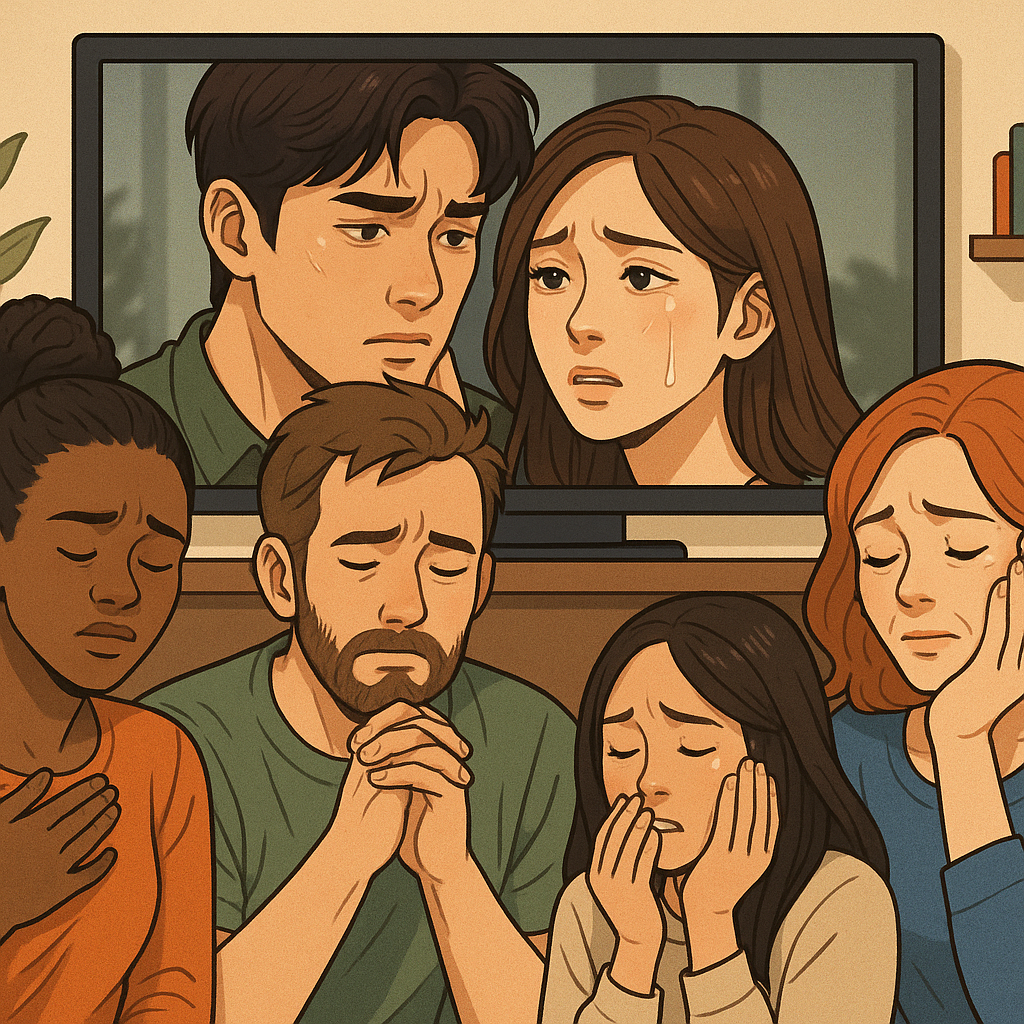There was a time when American content dominated the global entertainment scene.
Marvel, Disney, and DC were names that guaranteed box office success the moment they hit theaters.
But that time is over. The flow of content has shifted, and audience sensibilities have changed.

🎞 Content That Belongs in a Museum
Once the pillars of global pop culture, Marvel, Disney, and DC no longer feel fresh.
The endless recycling of long-running franchises and shared universes has worn out audiences.
It’s similar to how Korea’s ‘Lineage’ game series has been rehashed for decades, no longer delivering new emotional impact.
Likewise, long-standing shows like The Simpsons, Family Guy, or the UK’s Doctor Who are often criticized for losing their freshness. While their legacy is significant, they often struggle to resonate emotionally with younger generations.
To address these issues, newer series have tried emphasizing diversity and political correctness. But these efforts have not brought back past glory. While the creators may have sincere intentions, audiences often find such elements hard to embrace. They can weaken narrative tension or feel formulaic. Especially when these changes are driven by executives from predominantly white institutions, they reveal clear limitations.
💡 Audiences Want Something New
Audiences are craving completely different tones and emotional textures.
In this shift, content from Turkey, India, and Spanish-speaking countries is gaining global attention.
Among them, Korean content stands out—not just as a trend, but in its emotional depth, narrative density, and character realism.
Korean content is not only culturally fresh but delivers stories that feel human and sincere.
American media often carries an underlying belief that “America is the best country in the world.”
This attitude is subtly embedded in many storylines and messages. China takes a similar approach, emphasizing cultural greatness.
But when content becomes a vehicle for repeated national glorification, it disrupts immersion and weakens emotional relatability.
At first, it may be enjoyable. But over time, audiences sense the underlying self-importance, and that creates discomfort.
🌏 Why Korea Feels Different
In contrast, Korea is a society where overt national pride is often met with criticism.
Boasting is frowned upon, and humility is seen as a virtue.
Having rarely held the status of a global superpower, Korea has cultivated a social atmosphere that values introspection over self-congratulation.
This humility quietly permeates Korean content.
Instead of glorifying itself, it centers stories on real life and emotional authenticity.
Even now, Koreans remember the hardships of their past and avoid over-packaging their narratives.
They prefer to tell human stories with sincerity.
Many countries in the world still face hardship.
So stories about survival, struggle, and emotional complexity resonate more widely.
Content that reflects the weight of real life has the power to move people around the world.
🧠 The Power of Philosophy and Emotion
A nation’s culture and philosophy are always reflected—often unconsciously—in everything it creates.
Though Korea operates in a capitalist system, it is still deeply influenced by Confucian thought and a tradition centered on the humanities.
In the past, the humanities played a central role in Korean society, and their traces still remain in today’s creative works.
This philosophical foundation turns Korean content into more than just entertainment.
Realistic characters, emotionally relatable narratives, and a sincere tone leave a lasting impression on audiences.
✅ Conclusion: Sincerity Over Power
American content still boasts world-class technology and capital.
But that’s no longer enough to capture global hearts.
What truly matters now is sincerity.
A humble tone, emotional nuance, and stories that reflect real life—these are what resonate.
That is why Korean content is thriving, and what American content may need to rediscover.